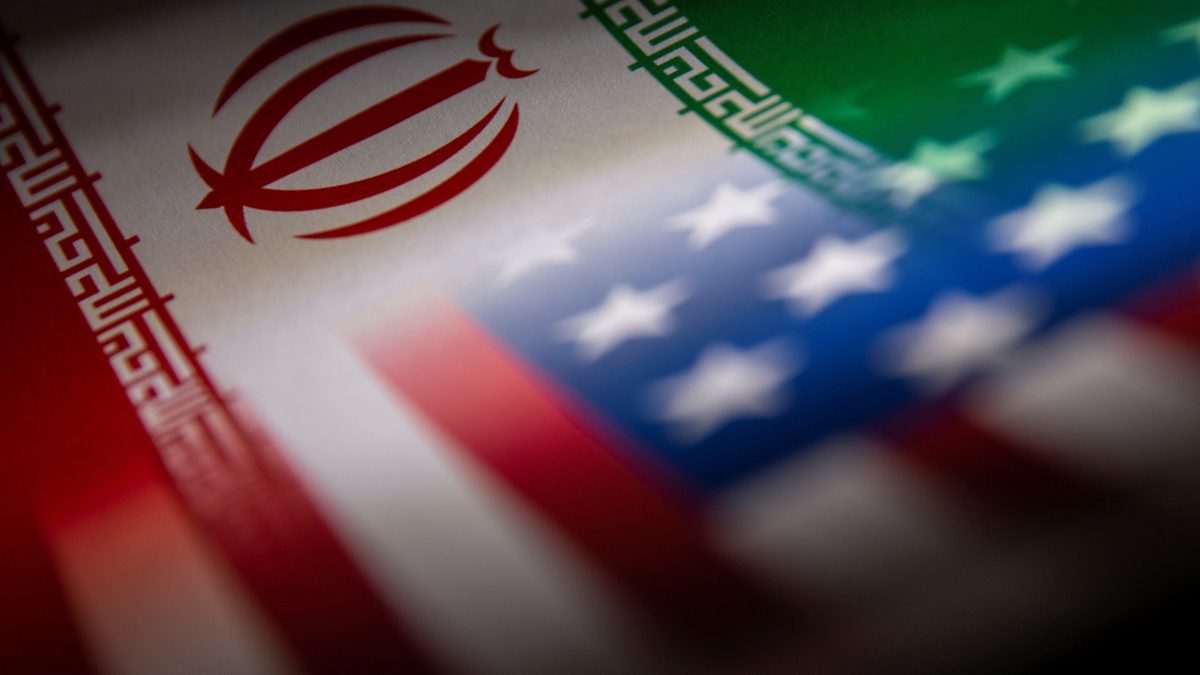What happened
Iran on Monday announced it will soon present a counter-proposal to the United States regarding the nuclear deal, rejecting the current US offer as unacceptable. The development comes along the expected lines as Iran never shied away from dismissing the proposal the US earlier shared for a new nuclear deal between the two countries.
Tell me more
- Iranian Foreign Ministry spokesperson Esmaeil Baghaei stated the US proposal was not the outcome of previous negotiations and is unacceptable to Tehran.
- Iran plans to send its own “reasonable, logical, and balanced” proposal to the US via Oman once finalised.
- Baghaei emphasised that sanctions must be lifted only after Iran benefits economically and its banking and trade relations return to normal.
- Tehran is reportedly drafting a negative response to the US offer presented in late May, which failed to address key issues such as uranium enrichment on Iranian soil and the shipment of enriched uranium abroad.
- There is no confirmed timing yet for a sixth round of nuclear talks between Iran and the US.
- Supreme Leader Ayatollah Ali Khamenei recently rejected the US proposal, reaffirming Iran’s commitment to continue uranium enrichment on its soil.
- Iran insists its nuclear programme is peaceful, while Western powers suspect it could lead to nuclear weapons development.
Impact Shorts
More Shorts- Iran criticises the West for ignoring Israel’s nuclear capabilities, accusing Israel of undermining the negotiations.
- Baghaei mentioned that Iran plans to reveal sensitive Israeli documents to expose efforts to strengthen Israel’s nuclear arsenal. He urged that Israel should not be allowed to disrupt the diplomatic process.
The voices
- “The U.S. proposal is not acceptable to us. It was not the result of previous rounds of negotiations. We will present our own proposal to the other side via Oman after it is finalised. This proposal is reasonable, logical, and balanced,” said Esmaeil Baghaei.
- “We must ensure before the lifting of sanctions that Iran will effectively benefit economically and that its banking and trade relations with other countries will return to normal,” Baghaei said.
- “The negotiating parties should not allow Israel to disrupt diplomatic processes,” he said.
The context
The nuclear deal, originally signed in 2015 between Iran and six world powers, aimed to curb Iran’s nuclear programme in exchange for sanctions relief. However, in 2018, the US withdrew from the agreement during Donald Trump’s first presidential term, and reimposed sanctions, prompting Iran to increase uranium enrichment beyond agreed limits.
The renewed talks seek to revive the deal, but disagreements remain over uranium enrichment, sanctions relief, and verification measures. Iran’s insistence on continuing enrichment and the US’s concerns about possible nuclear weapons development have stalled progress.
Additionally, Iran accuses Israel, which is widely believed to possess nuclear weapons but neither confirms nor denies it, of undermining the negotiations. The counter-proposal that Iran has teased could be a critical step in determining whether diplomacy can advance.


)

)
)
)
)
)
)
)
)



